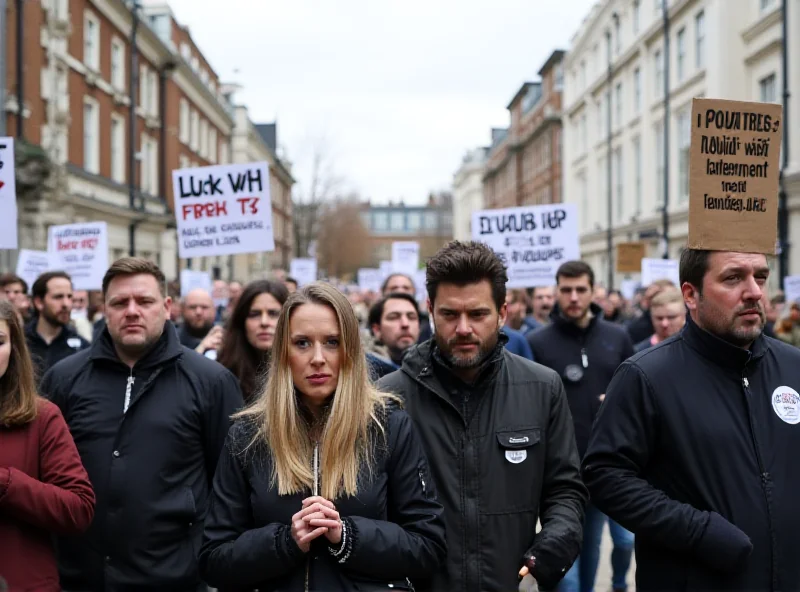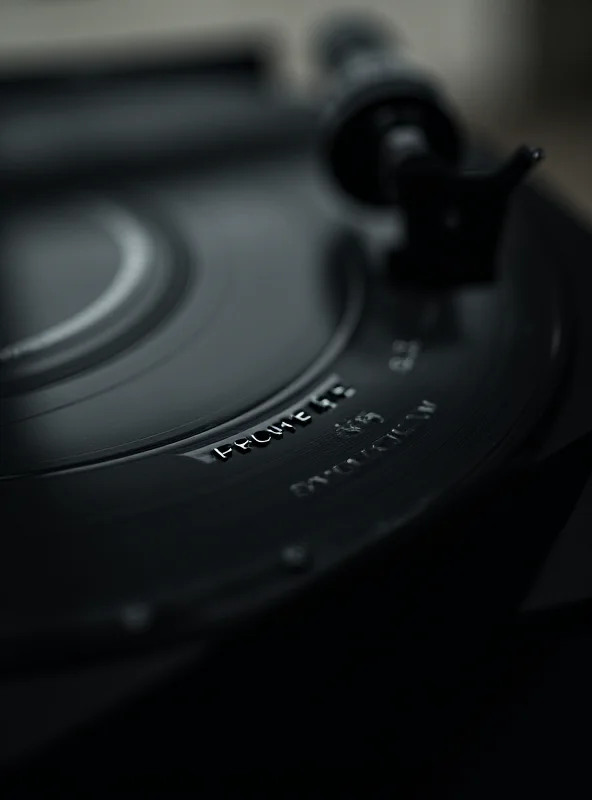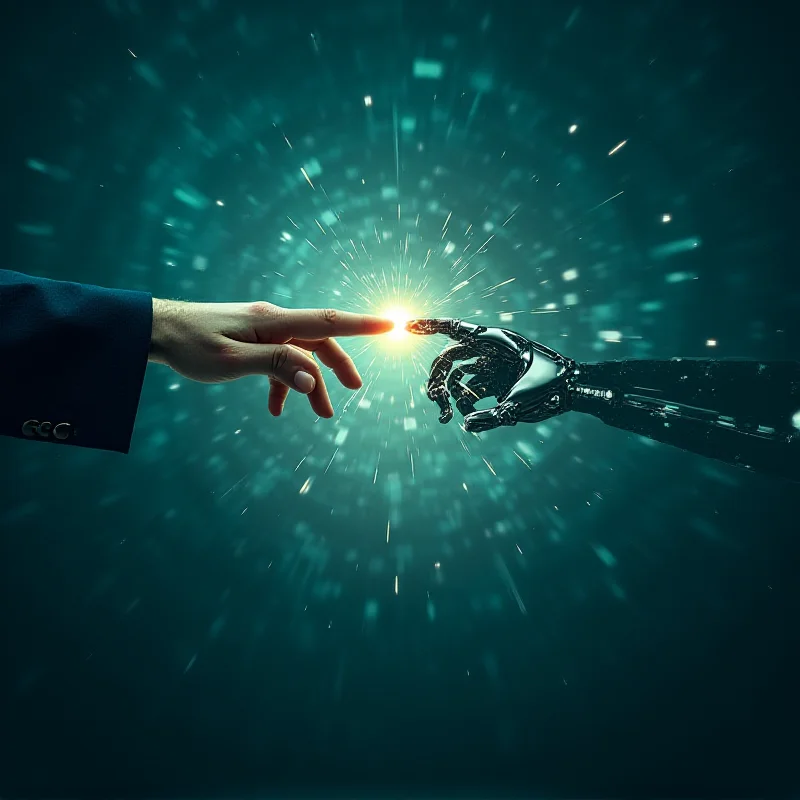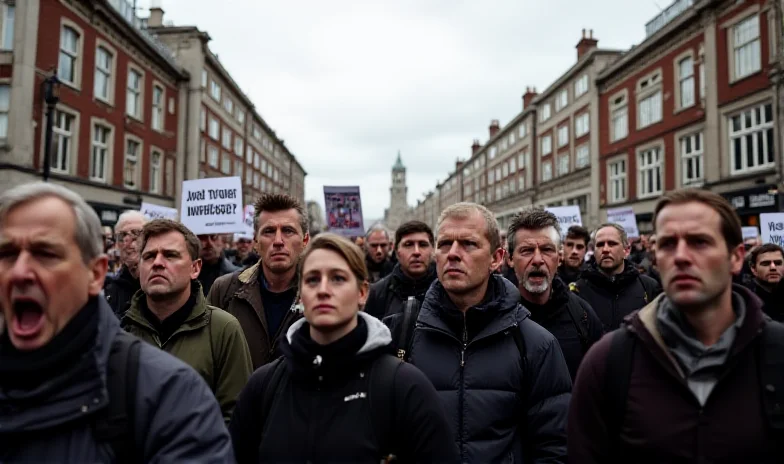The UK's creative industries are in an uproar over government proposals that would allow artificial intelligence companies to utilize copyright-protected work without explicit permission. A coalition of over 48,000 artists, including iconic figures like Kate Bush and ABBA's Björn Ulvaeus, have voiced their strong opposition, warning of a "major, unjust threat" to the livelihoods of artists.

The protest has taken many forms, including a silent album co-authored by more than 1,000 musicians, with names like Kate Bush and Damon Albarn reportedly involved. This unusual form of protest is designed to highlight the potential silencing of artists if AI companies are granted unchecked access to copyrighted material.
The Government's Stance
The UK government argues that the current copyright regime is hindering the growth of both the creative industries and the AI sector. A government spokesperson stated, "As it stands, the UK’s current regime for copyright and AI is holding back the creative industries, media and AI sector from realising their full potential."
However, critics argue that this perspective fundamentally misunderstands the nature of creativity. Helen Ward, in a letter addressing the issue, argues that suggesting AI is necessary to unlock an artist's full potential "is to dismiss what makes us human and to ignore the vast scope, power and achievement of thousands of years of human creativity."

The Core of the Debate
The heart of the controversy lies in the definition of creativity itself. Is it simply about achieving "full potential," or is it a more nuanced process involving imagination, learning, and continuous exploration? Critics of the proposed changes argue that genuine creativity is not a destination but a journey, one that AI cannot replicate or replace.
"Genuine creativity is not about full potential – it is about imagination and learning, about continually asking and answering questions; it is a process." - Helen Ward
The proposed changes to copyright law could have far-reaching consequences, potentially undermining the very foundation of artistic expression and the rights of creators. The silent album and the signed statement from thousands of artists are powerful reminders of the human element at stake in this debate.

The creative industries are determined to fight for their rights and ensure that human creativity continues to be valued and protected in the age of artificial intelligence. The outcome of this battle will have significant implications for the future of art and culture in the UK and beyond.
